Norway’s role in World War II isn’t very popular in English-language film and literature. We will see that icy kingdom colored whatever color Germany is on maps. We may remember that the British bombed the country, or that the Wehrmacht sent bomber fleets from Norwegian airfields to pulverize British cities. We may also recall that term for traitor, “quisling,” came from the Nazi puppet prime minister Vidkun Quisling.
A rare film that explores Norway’s World War II history more thoroughly is The King’s Choice from 2016, directed by Erik Poppe and starring Jesper Christensen as the central character: King Haakon VII of Norway.
(Christensen, like the Norwegian Royal Family, is Danish and — ironically — an opponent of monarchy. He declined an award from the king of Denmark for that reason.)
We meet Haakon playing with his grandchildren. The man’s deep care, for his family and about his subjects, will become a recurring theme. There are many sweet and touching moments, but they never become melodramatic. Heavy is the head that wears the crown, and Haakon will not shirk his responsibilities.
The name of the film encapsulates its theme. The Nazis force Haakon to choose between acquiesce and accepting the occupation or fleeing to the northern wilderness of Norway and leading a resistance. For the good of his country, and Europe, he says “no” to the invaders. (Hence the Norwegian title: Kongens nei, “The King’s No”.) The toll on Haakon, who is by then in his late 60s, is immense, and the film shows this unflinchingly.
There is one other character that stands out among the supporting cast: an official in the German embassy by the name of Curt Bräuer, played by the Austrian actor Kurt Markovics. He is a German who loves his country, but he has reservations about Hitler’s plans for Norway. In another world, he might have made it through his career while remaining a good person. The efforts he makes here feel like too little, too late. But the struggle makes him one of the more interesting characters of the film.
The King’s Choice is not packed with explosions or gunshots. Its approach to combat reminded me of Christopher Nolan’s Dunkirk and Amos Gitai’s Kippur (reviewed here). The enemy is always distant. The camera never luxuriates in gore. However, it is that distance that makes the combat scenes terrifying, be they from the perspective of a private in the trench or the artillerymen in Oscarsborg Fortress or for Norwegians caught up in bombing raids. It is an odd, compelling detachment that makes you wonder just why we as a species put so much blood and treasure into killing each other
The King’s Choice is a film I stumbled on by chance, and I ended up thanking chance for showing it to me. It is a gripping, invigorating movie that has snuck under the radar for too long.

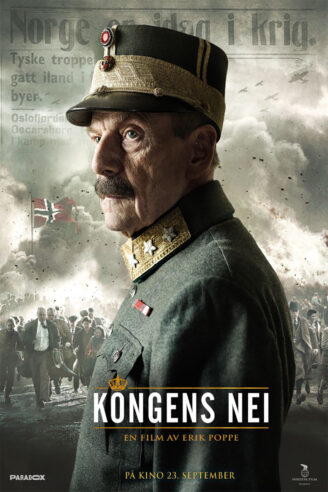
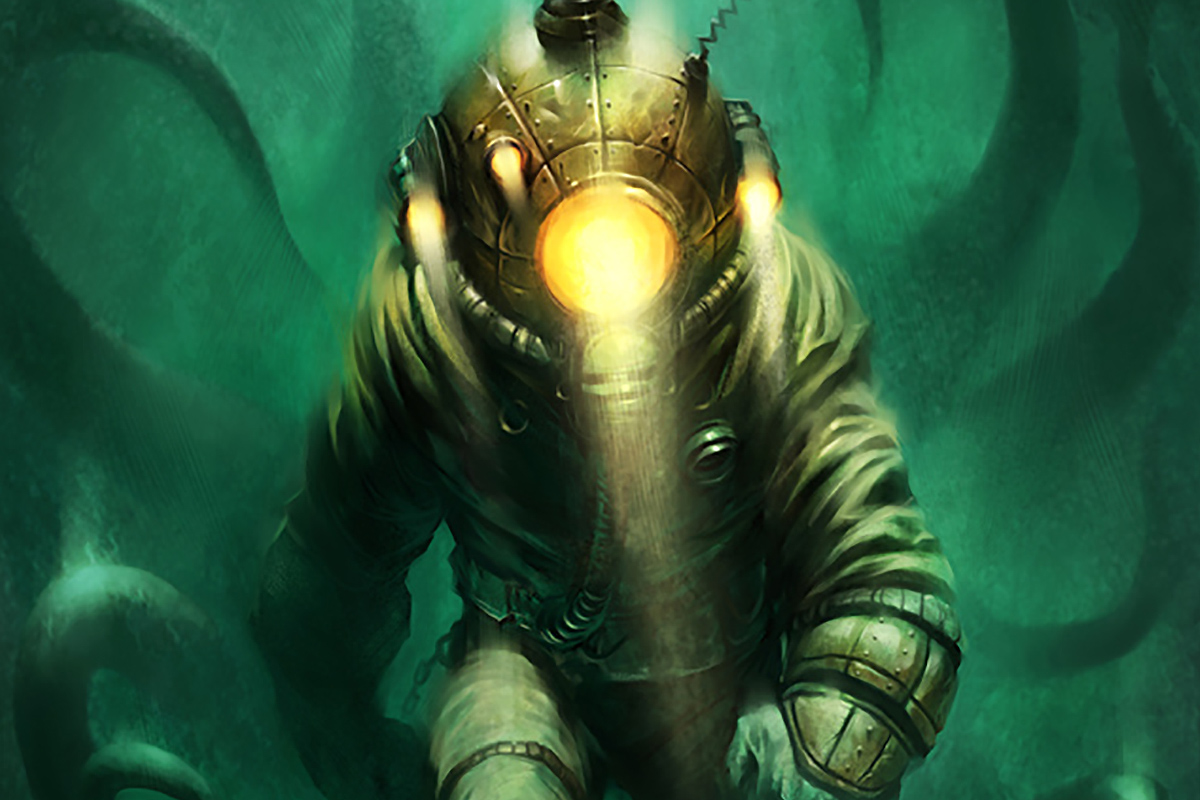
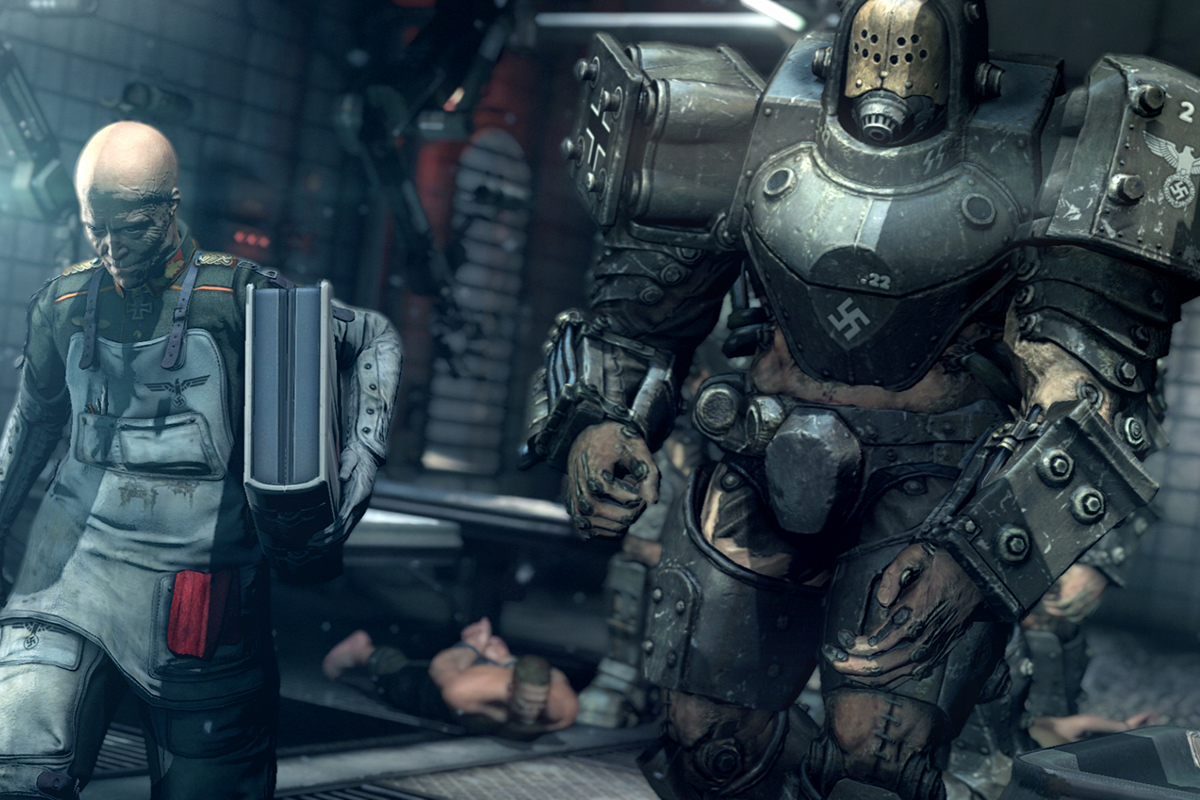
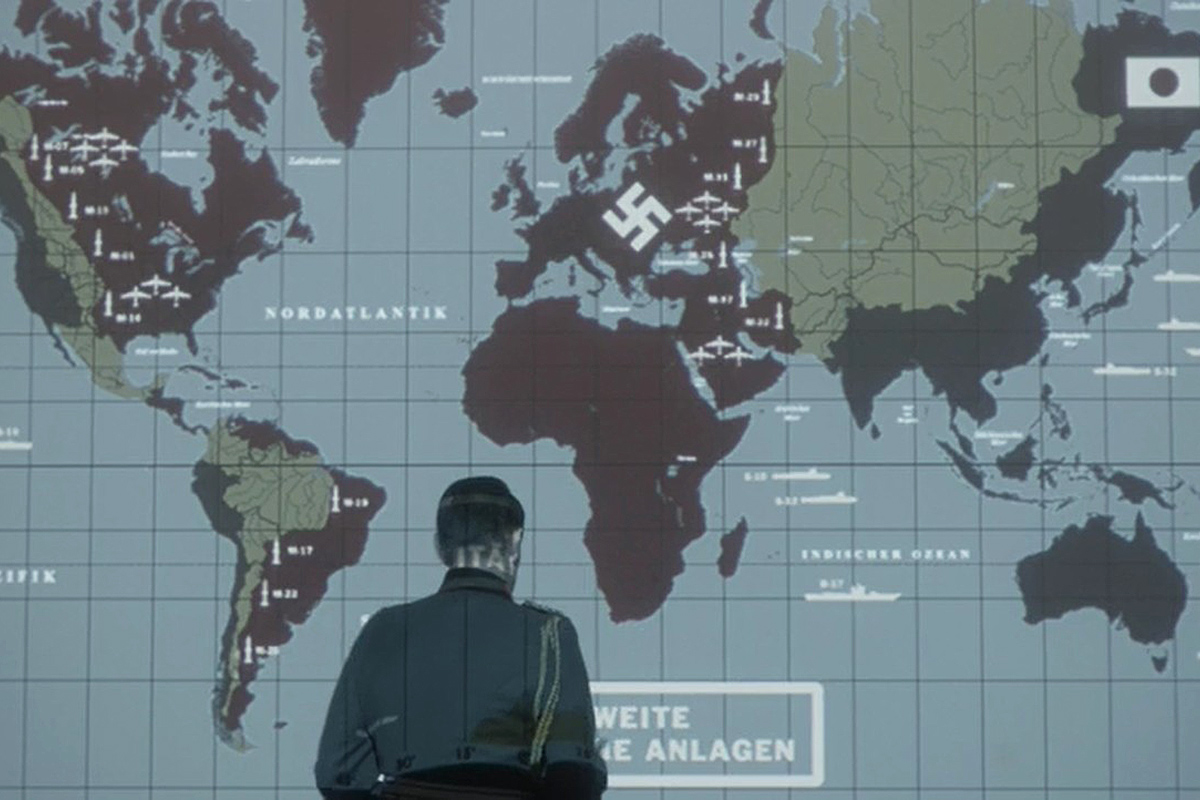
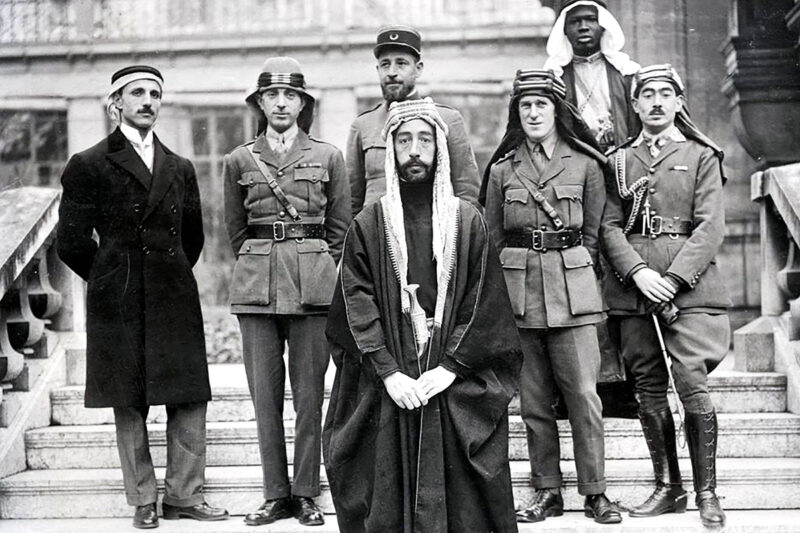
1 Comment
Add YoursThat bit, “you wonder just why we as a species put so much blood and treasure into killing each other”, the doing of that does provide material for some interesting model kits and miniatures games, but looking at my living relatives who have been harmed by wars from Vietnam to current day, and thinking about the refugees I’ve known in life, yeah, could humanity just knock off that war crap, please, thank you.